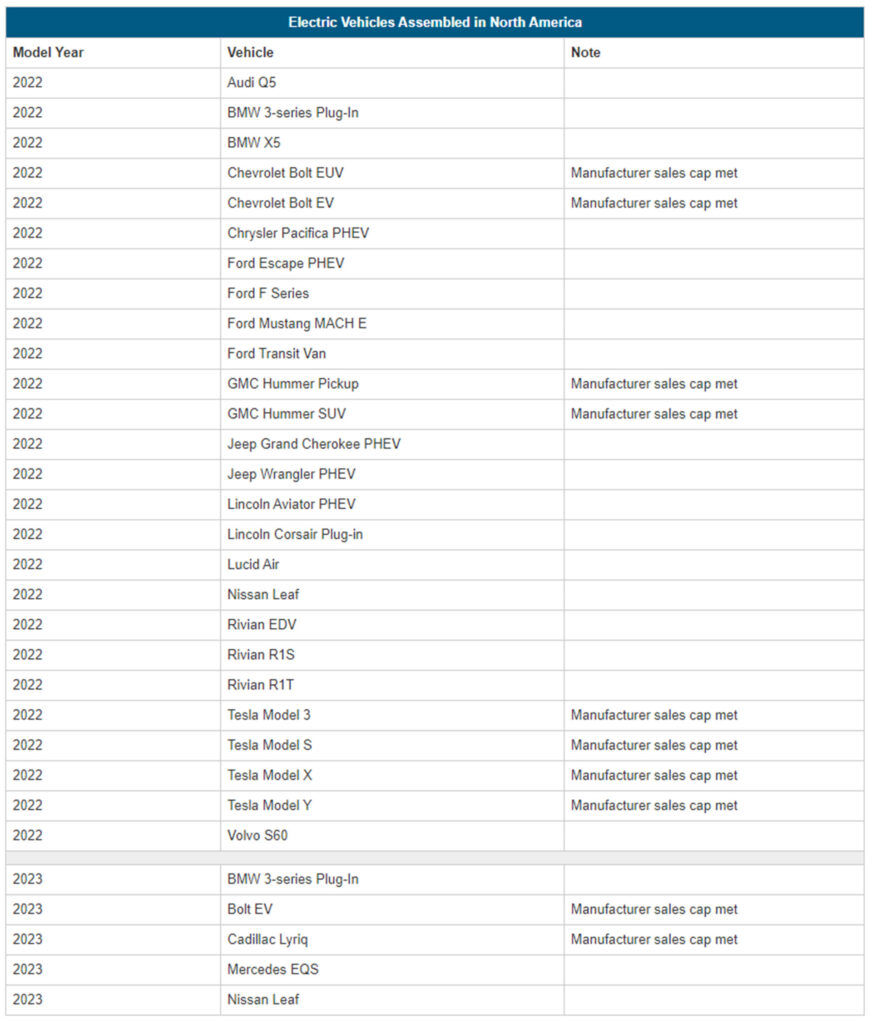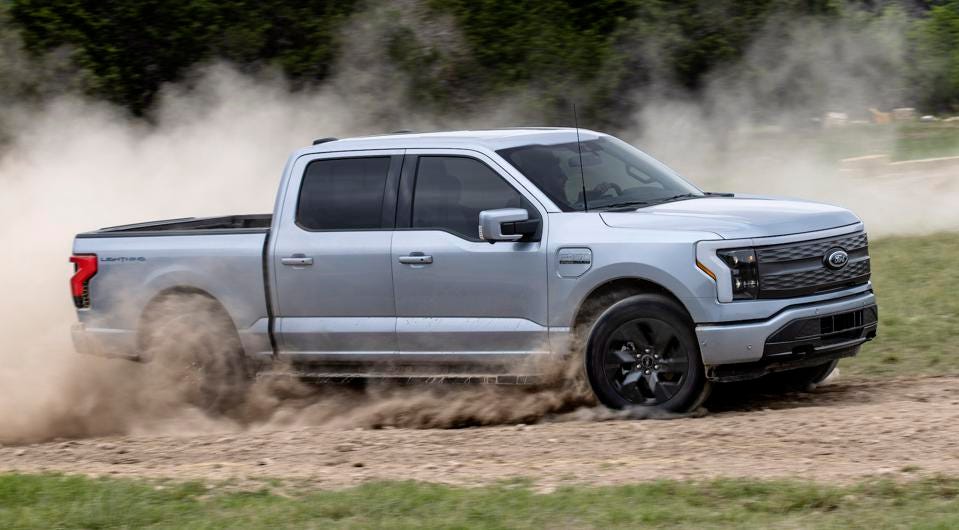The U.S. Department of Energy has released a list of 21 vehicles from the 2022 and upcoming 2023 model years that might be negligible for EV tax credits. President Joe Biden signed the Inflation Reduction Act of 2022 after the release of all eligible cars for tax credits.
What is this new bill?
The changes include the EVs and hybrids to be manufactured in the US to be eligible. The new Bill also caps the price to $80,000 for both individuals and couples with an income not exceeding $150,000 and $300,000. The materials for the batteries should be 40% sourced locally or from a US trading partner. According to Reuters, the new bill will end credits of 72 vehicles decreased to almost 70%. The new list released by the Department of Energy shows which EVs and hybrid cars are assembled in North America. The cars that are offered below the $80,000 mark will be eligible for $7,500 federal tax credits.
These will be the listed cars:
Audi Q5, BMW 3-Series, BMW X5, Ford F-150, Ford Mustang Mach-E, Ford Transit Van, Ford Escape, Chrysler Pacifica, Jeep Wrangler, Lincoln Corsair Plug-In. More includes Lincoln Aviator PHEV, Nissan Leaf, Lucid Air, Rivian R1S, Rivian R1T, Rivian EDV, Volvo S60 ad Mercedes-Benz EQS. The Bill is confusing as the cars such as the Rivian R1T, Rivian R1S, Lucid Air, and the Mercedes-Benz EQS all come over the threshold. These are costs more than the stated $80,000 mark and may not be eligible for tax credits.
The new EV tax credit bill that President Biden signed is the subject of many controversies and criticism for many. European Commission spokesperson Garcia Ferrer said the new bill may disregard the WTO rules by discerning against international producers.
The List:


